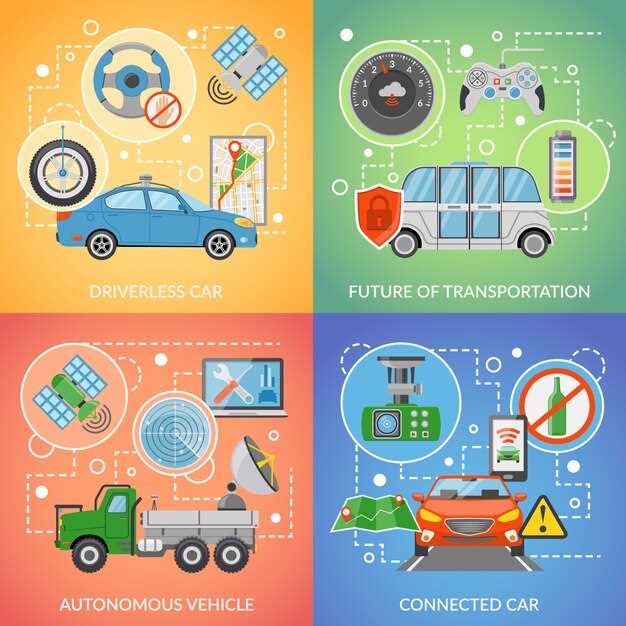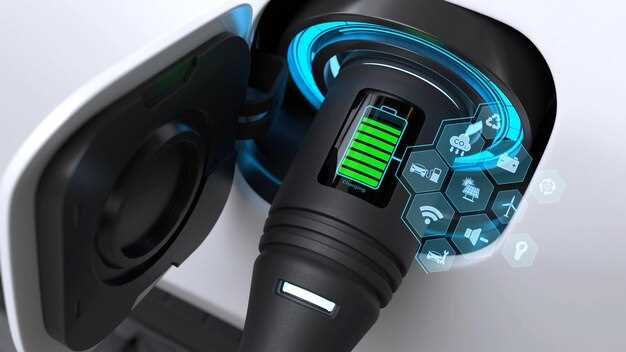
The transportation industry is undergoing a significant transformation with the increasing adoption of electric and hybrid trucks. As businesses strive to reduce their carbon footprints and comply with stricter emissions regulations, understanding the key differences between these two types of vehicles becomes essential. Electric trucks rely solely on battery power, while hybrid trucks combine conventional internal combustion engines with electric propulsion systems.
One of the most crucial distinctions lies in their power sources. Electric trucks operate on large battery packs that provide energy exclusively from electrical charge, resulting in zero tailpipe emissions. In contrast, hybrid trucks utilize both a conventional fuel engine and an electric motor, which allows them to operate on electricity at lower speeds or during idle periods, improving fuel efficiency and reducing emissions.
Another important factor to consider is the range and charging capabilities of these vehicles. Electric trucks typically require longer charging times and may have limited range compared to their hybrid counterparts, which can easily switch to gasoline or diesel when the battery is depleted. This flexibility can be advantageous for long-haul operations, where charging infrastructure may not be readily available.
This article aims to delve deeper into these critical aspects, providing a comprehensive comparison of electric and hybrid trucks, their respective advantages, disadvantages, and suitability for different applications within the logistics and transportation sectors. Understanding these differences is vital for making informed decisions that align with sustainability goals and operational needs.
Understanding Powertrains: How Electric and Hybrid Trucks Operate
The powertrains of electric and hybrid trucks are fundamentally different, reflecting their distinct energy sources and operational mechanics. Electric trucks rely solely on electric motors, powered by large battery packs. These batteries store energy that is used to drive the electric motors, delivering torque instantly and efficiently. The absence of a traditional internal combustion engine allows electric trucks to achieve higher energy efficiency and lower operating costs, as they convert over 90% of electrical energy from the grid to power at the wheels.
On the other hand, hybrid trucks incorporate both an internal combustion engine and electric motors. This dual system allows them to switch between or combine power sources, depending on driving conditions. Typically, hybrids feature a conventional gasoline or diesel engine that can operate independently or in tandem with an electric motor, which assists during acceleration and can power the truck at lower speeds. This hybrid configuration helps to improve fuel efficiency and reduce emissions, especially in stop-and-go traffic or during heavy loads.
Charging infrastructure plays a crucial role in the effectiveness of electric trucks. They require access to charging stations for recharging their batteries, which can take several hours on standard connections. In contrast, hybrid trucks benefit from their ability to refuel at conventional gas stations, allowing for longer operational ranges without the need for extended downtime for charging. However, hybrids also harness regenerative braking, which converts kinetic energy back into electrical energy, helping to recharge the battery during operations.
Understanding these key differences in powertrain operation is essential for fleet managers and businesses considering transitioning to either electric or hybrid trucks. While electric trucks are ideal for short-range and urban applications with easy access to chargers, hybrid trucks provide greater flexibility for long-distance hauls and varied driving environments. Each option presents unique advantages that should align with specific operational needs and sustainability goals.
Cost Analysis: Comparing Ownership and Operating Expenses

When considering electric and hybrid trucks, a thorough cost analysis is essential to understand the financial implications of ownership and operating expenses. These vehicles differ significantly from traditional diesel trucks in both initial investment and long-term costs.
Initial Purchase Costs: Electric trucks generally have a higher upfront cost compared to their hybrid and diesel counterparts. This is primarily due to the expensive battery technology and electric drivetrains. However, prices are gradually decreasing as technology advances and production scales up. Hybrid trucks fall in between, offering a compromise in initial investment while still providing improved fuel efficiency compared to conventional trucks.
Incentives and Tax Breaks: Many governments provide incentives for purchasing electric vehicles, including tax credits, rebates, and grants. These incentives can substantially offset the higher initial costs of electric trucks, making them more attractive from a financial standpoint. Hybrid trucks, while eligible for some incentives, usually do not receive the same level of subsidies as fully electric models.
Fuel Costs: Operating expenses related to fuel are a critical factor in cost analysis. Electric trucks offer significant savings on fuel costs since electricity is generally cheaper than diesel. Furthermore, electric trucks have fewer moving parts and often have lower maintenance needs, which can further reduce operational costs. Hybrid trucks provide better fuel economy compared to traditional diesel vehicles; however, they still rely partially on fossil fuels, which can lead to higher ongoing fuel expenses compared to fully electric options.
Maintenance and Repair Costs: The maintenance costs for electric trucks are typically lower due to fewer mechanical components, which translates to fewer parts that can fail. Electric drivetrains need less frequent servicing compared to internal combustion engines in hybrid and diesel trucks. Hybrid vehicles may incur higher maintenance expenses than electric trucks, primarily due to their complex dual powertrains.
Total Cost of Ownership (TCO): When calculating the total cost of ownership, it is crucial to consider not only the purchase price but also depreciation rates, fuel economy, maintenance, and resale value. Electric trucks generally have lower depreciation rates due to increasing demand for zero-emission vehicles. This factor can positively influence the overall TCO, making them a more viable option over the long run.
In conclusion, while the initial investment in electric trucks may be higher, their potential for savings in fuel and maintenance costs can make them a financially sound choice for fleet operators. Hybrid trucks serve as a middle ground, offering improved efficiency without the fully electric drawbacks. A comprehensive cost analysis helps in evaluating the most cost-effective option for specific operational needs.
Environmental Impact: Emissions and Sustainability of Truck Options

The environmental impact of trucks is a crucial consideration in the transportation sector, particularly as climate change concerns escalate. Conventional diesel trucks emit significant amounts of greenhouse gases (GHGs), including carbon dioxide (CO2), nitrogen oxides (NOx), and particulate matter. These emissions contribute to air pollution and have detrimental effects on both human health and the environment. In contrast, electric trucks produce no tailpipe emissions, significantly reducing local air pollution and contributing to a cleaner urban atmosphere.
Hybrid trucks offer a middle ground, utilizing a combination of traditional internal combustion engines and electric propulsion systems. While they still produce emissions, they are generally more efficient than conventional trucks, leading to reduced overall fuel consumption and lower emissions. However, the extent of their environmental benefits depends on the percentage of electric versus fossil fuel usage and how the electric energy is sourced.
Sustainability also hinges on the lifecycle of the vehicles. Electric trucks rely on batteries that require raw materials such as lithium, cobalt, and nickel. The extraction and processing of these materials can result in significant environmental degradation if not managed sustainably. Proper recycling processes and advancements in battery technology are essential to minimize the ecological footprint of electric trucks.
In terms of energy sources, the sustainability of electric vehicles improves when the electricity is generated from renewable sources, such as solar, wind, or hydro power. This shift reduces reliance on fossil fuels and further decreases greenhouse gas emissions. Hybrid trucks also benefit from this transition, as their operational efficiency increases with greener energy sources.
Ultimately, the choice between diesel, electric, and hybrid trucks should involve a comprehensive assessment of emissions over the vehicle’s entire lifecycle, from production to operation to disposal. Fleet operators can make more environmentally responsible decisions by considering these factors, contributing to a more sustainable transport system.



